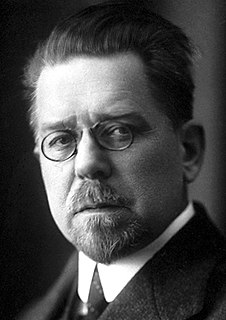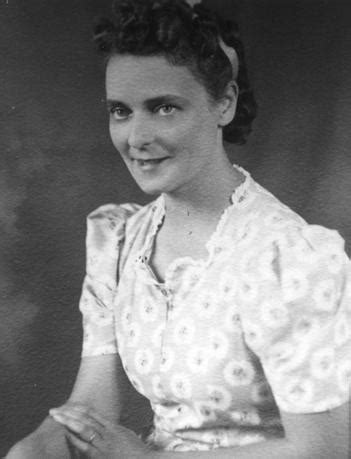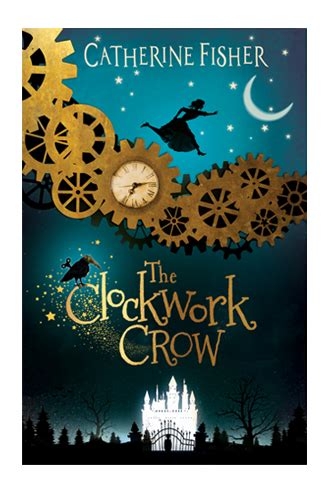A Quote by Wladyslaw Stanislaw Reymont
I was intoxicated by the romantic poetry of our great writers. I arranged the world according to my private use, looking at it through the poems I had devoured.
Related Quotes
I've had the good fortune to read a lot of great American writers in translation, and my absolute beloved, for me one of the greatest writers ever, is Mark Twain. Yes, yes, yes. And Whitman, from whom the whole of 20th-century poetry sprung up. Whitman was the origin of things, someone with a completely different outlook. But I think that he's the father of the new wave in the world's poetry which to this very day is hitting the shore.
If I'm still wistful about On the Road, I look on the rest of the Kerouac oeuvre--the poems, the poems!--in horror. Read Satori in Paris lately? But if I had never read Jack Kerouac's horrendous poems, I never would have had the guts to write horrendous poems myself. I never would have signed up for Mrs. Safford's poetry class the spring of junior year, which led me to poetry readings, which introduced me to bad red wine, and after that it's all just one big blurry condemned path to journalism and San Francisco.
The maiden Olympics had more to protest about than mere war, though. Central to its ethos was a rejection of two establishments the political one, certainly, but also that of the wider poetry world itself. It changed poetry for ever in the UK, ... It led to readings all over the country. You suddenly got more women reading and publishing poems, as well as gay guys and poets from all over the world. Until that time, published poetry had been very university-based white, male, middle-class. We were trying to break poetry out of its academic confines.
In many parts of the world, including the Arab world, the Latin American world, and even parts of the Western world, there is a tradition of writers being quite engaged. Particularly in the Arab world you have had very, very strong traditions of literature and poetry and most of the writers have been deeply committed to the cause of the Arab nation.
When you draw, you copy the world don't you? You remake it on paper, but it isn't the same. It's yours. No one else could have created it just like that. When I make poems, I use the words we all use, but the order and the sound create a new power. This wood is someone's creation. We stumble through it's tendrils, as if we're crawling through the synapses of his mind.
I was a violent, self-destructive teenager, who was adopted right at the end of World War II. I was lied to and abused by my parents. I hated life in Utah. I resented the Mormon Church, its sense of superiority and its certitude. I escaped through the Beat writers and discovered poetry and have devoted my entire life to the practice of poetry in varying ways. Poetry gave me a reason for being. And I'm not exaggerating when I say that.
A Christian man is on his guard with respect to those who philosophize according to the elements of this world, not according to God, by Whom the world itself was made; for he is warned by the precept of the apostle and faithfully hears what has been said, 'Beware that no one deceive you through philosophy and vain deceit, according to the elements of the world'






































